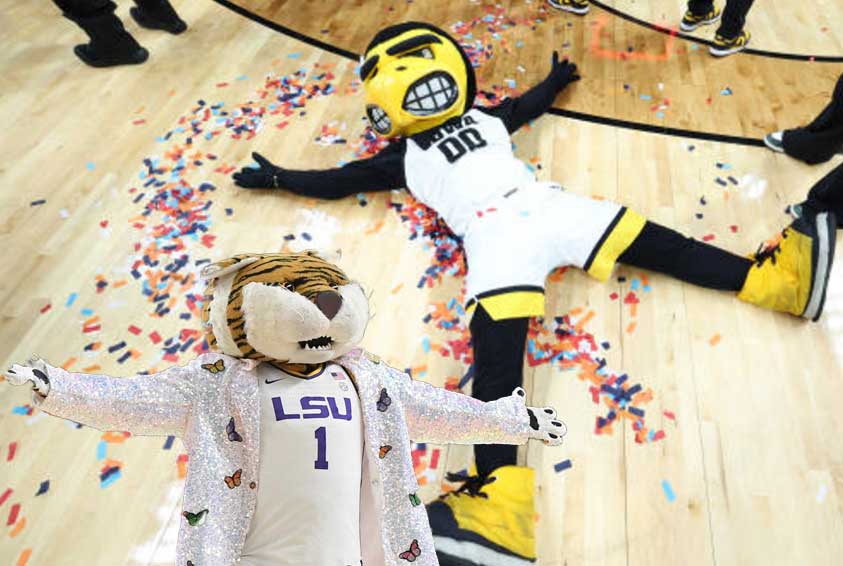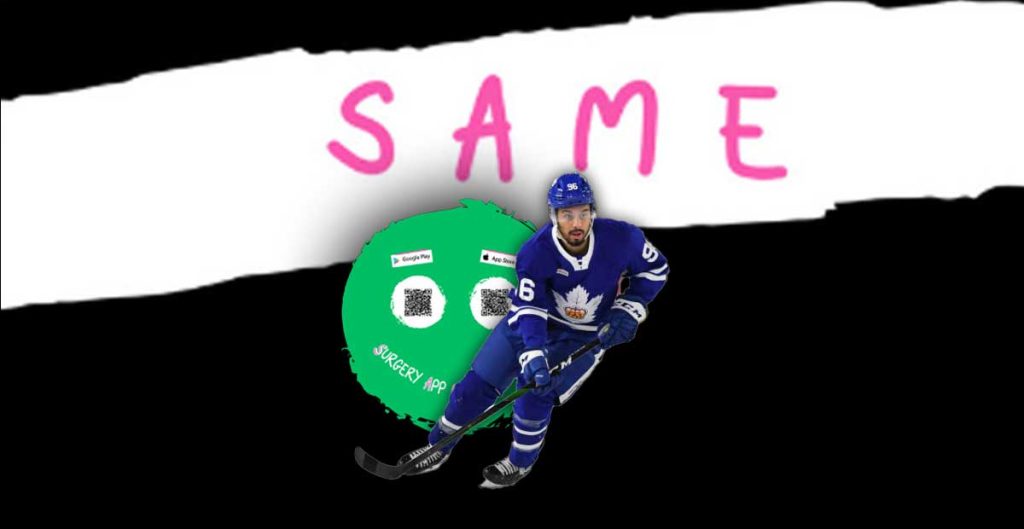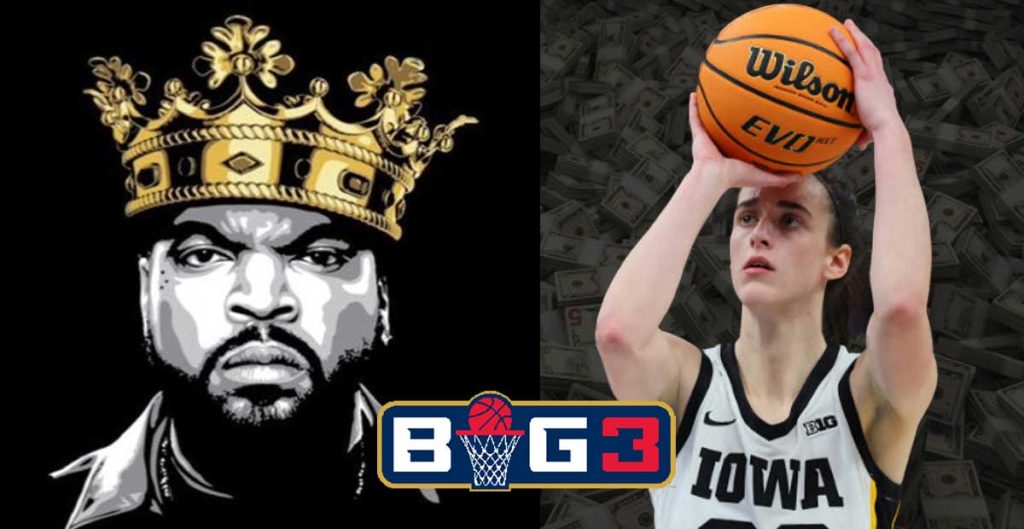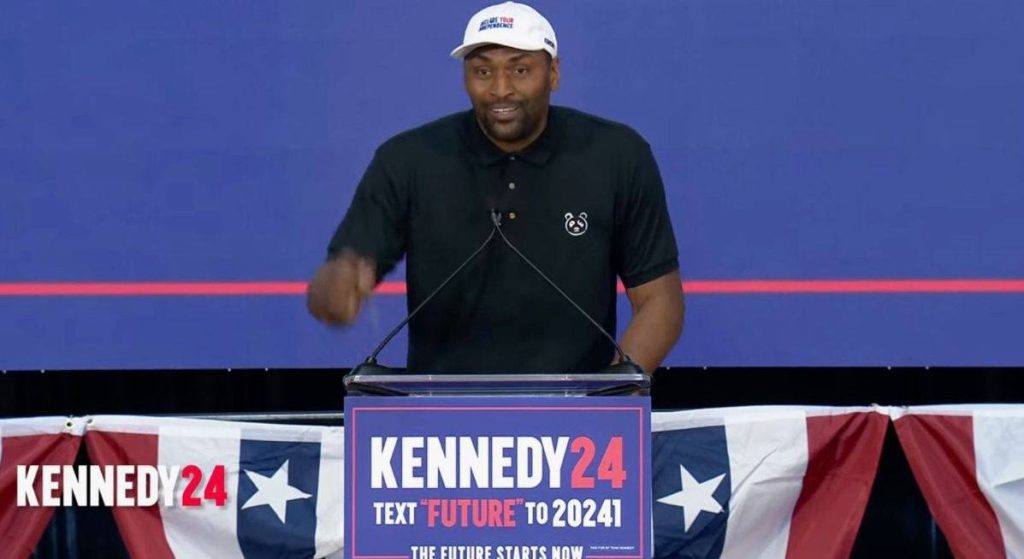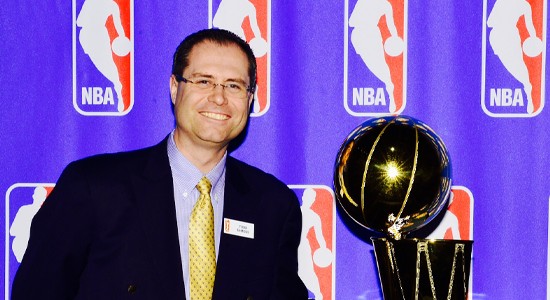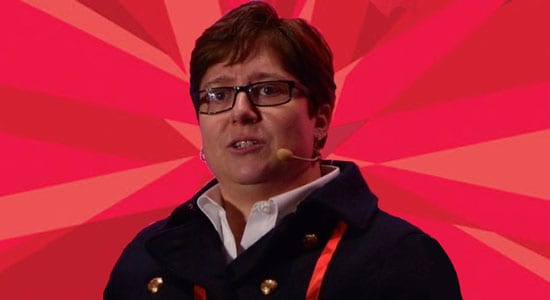
Sport Management University Chair Ann Pegoraro, A Leader In Advancement Of Women In Sport
Ann Pegoraro | Lang Chair in Sport Management | University of Guelph

I am truly most proud of the graduates I have helped along the way to their careers and the younger faculty members I have worked with as a mentor – their achievements and to see them move ahead in their careers – this is what I truly value.
Ann Pegoraro
Lang Chair in Sport Management
University of Guelph
Tell us about your role as the Lang Chair in Sport Management of the University of Guelph.
I am so excited about this new opportunity in the Lang School of Business at the University of Guelph.
The Lang Chair is an endowed position made possible through the generous donation of Stu and Kim Lang.
Mr. Lang had a successful career in the Canadian Football League winning 5 Grey Cups with the Edmonton team and more recently he was the Head Football Coach for the Guelph Gryphons. The Lang’s are not only generous but also keenly interested in supporting sport in Canada. In this role, I will be a part of the team launching Canada’s newest sport management degree and also get to spend more of my time focused on research and working with graduate students.
I know most of your readers do not want to be me, but a big part of my role is helping you all get to where you want to be.
That is perhaps my favourite part, working with the future generation of sport managers. The job of a professor has many facets: teaching, research and service to our institutions are the formal parts of our job. The informal parts like mentoring and working with industry partners are perhaps some of the extras that go unseen but provide the best rewards in a job like this.
I am always so happy when I log into LinkedIn and see a past student celebrating a new job in the sports industry or a work-related milestone. It makes me proud to have played a small role in their journey to achieving this dream.
Working with industry partners and helping them also achieve goals is equally rewarding to me. So while you remember your professors in the classroom and maybe the grades they gave you, remember we are also your champions and that does not stop when you walk off campus as a graduate.

What does a typical day look like for you?
Well recently all our typical workdays have changed, haven’t they? Strangely though, mine has stayed somewhat the same. This time of year, most of us turn our attention to our research as professors, so I am continuing to work on projects. Of course, I am spending more time on Zoom than I used to, but because I work with partners across the world, video meetings have been a part of my life for the last decade or so.
On a typical day, I try and start it with a long walk outdoors. I am finding this helps both mentally and physically as I get ready to spend the day sitting and working at my computer. The rest of the day is spent switching between calls on projects to working on data analysis and/or writing.
I try and switch up my activities as both my attention span demands it and well, it is also more fun! I am lucky to work with people in so many different parts of the world that catching up with them provides some nice breaks in the work.
Working through this pandemic has provided some new research opportunities as we learn and analyze what a return to sports will look like as well as what might be the changed model of sport for the future. I find these possibilities exciting.
Of course, there are some new challenges to consider – such has trying to put some boundaries around your workday and your off-hours, especially when many of us are working in our dining rooms, etc.
That is an evolving challenge for me, some days I am really good at stopping work and then moving onto more regular life activities, other times, I get immersed in a project or have a looming deadline and that makes the boundaries more blurred. One helpful aspect is having to walk my dog Kenzie which provides some breaks in the day and helps me switch off work.
Would you say your path to your current position was quite easy or rather challenging, and can you discuss why?
I would say my road to academia has been unconventional! Usually, to become a professor, you do your undergraduate degree, then a masters and PhD degree in succession. And, usually all in one field. Well, I took a different route.
I did an undergraduate degree in Economics and Geography, then did some post-graduate work in public administration which lead me to my MBA. I distinctly remember leaving my last MBA exam and thinking that’s it, I am done – off to conquer the world of finance.
In four years, I was back into the world of academia as an administrator and eventually started my PhD part-time and moved into a faculty position.
Along the way, I worked in software development which opened the world of technology and start-ups to me and I learned a lot! In academia, I had to relearn patience as it certainly moves at a different pace than the start-up world. It also came with the opportunity to explore any topic I wanted through research and since I am innately curious this seemed like a perfect match for me.
Sure there were challenges (doing your PhD part-time as an adult is not easy), but I think the challenges are what drove me. There’s nothing like someone telling you that you can’t do something to motivate you to prove them wrong!
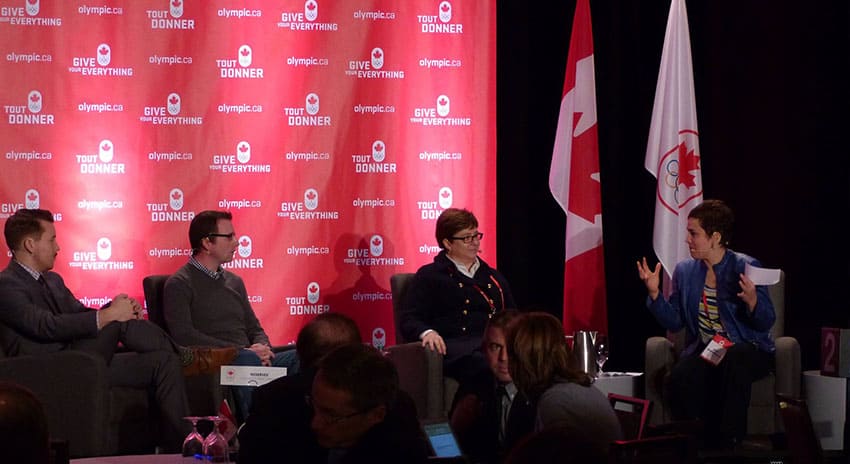
You are specialized in many areas of the sports industry. As we know, the sports industry is moving to a much more digital world. Since this is an area of your expertise, what are the biggest challenges that the sports industry is facing when it comes to digital media?
The sports world seems to always be on the leading edge of the digital world and usually show other industries the way forward. This has been driven by the change in how sport is consumed and how fans demand new models of consumption bringing with it numerous challenges.
I think most sports organizations, no matter if they are in professional, amateur or non-profit sport, now recognize the importance and value of digital platforms. The challenge for many remains how to determine the ROI or value derived from the content on these platforms and of course making the case for the proper resources follows this.
Other challenges include the ever-changing nature of the platforms and keeping current with both the technical side and the content side. The rise of the athlete as their own digital media platforms also presents challenges as fans follow athletes more than teams, leagues or federations. Learning how to navigate this new power balance is key to success for organizations.
How has the industry changed since the time your started working in the field?
A lot!!!
I don’t want to give away my age, but what everyone is watching on the Last Dance, I watched live, so it is still like current events to me. The industry has changed so much. Technology has shifted so much of sport, from broadcasting to athlete performance, the last few decades has provided so many improvements.
At the same time, so much has stayed the same.
Particularly when we look at gender and diversity within sport management.
We have seen some gains but when you look at Gender Scorecards put out by the Tucker Center for Women and Girls in Sport or the Diversity Reports from The Institute for Diversity and Ethics in Sport you can see that limited progress has been made in some sports.
In this next phase of my career, a lot of my work will be focused on making a difference in this area if I can. I would love to see sport, which leads in other areas, become a leader for diversity and inclusion. So those of you reading this let’s see if we can all work together to make this happen!

I know that you have multiple degrees including a PhD in Management from universities in Canada and in the USA. Why was it important for you to be educated at the highest level? What were the differences/similarities from studying in Canada vs the USA?
As I noted already, I have not taken a traditional route through my degrees and interestingly I do not have a degree in sport management. I think my background with degrees in other fields allows me to bring a unique lens to my teaching and research. In fact, to tackle problems and provide solutions in the sports industry we need diversity at the table, diverse individuals, diverse backgrounds and diversity of thought – this is what is needed for optimum solutions in my opinion.
As for differences in the US and Canadian education systems, there are some in terms of degree structure (e.g. Canadian degrees do not usually have the general education requirements) as well as where sport management sits (e.g. Kinesiology vs Business School) but a lot of the curriculum is the same. Other differences, of course, involve sport system differences in Canada with it’s highly developed amateur system funded primarily through government sources and the different structure of college sports where full scholarships are not offered like they are in the NCAA.
I think Canada has shifted its focus more to professional sport in its sport management programs as we have grown as a discipline and embraced models that more resemble the US educational system with internships, co-ops and study abroad opportunities, all adding value to the degree.
What are some aspects of working in sport, you didn’t learn during your education that you’ve acquired through experience in the field?
One of the important things I have learned in my career is that as academics we need to get out of the ivory tower so to speak and actually engage with sports organizations.
Working directly with organizations is important to truly understand the issues they face and how you can help. For students, doing internships or co-ops is invaluable for both experience and insight into the industry.
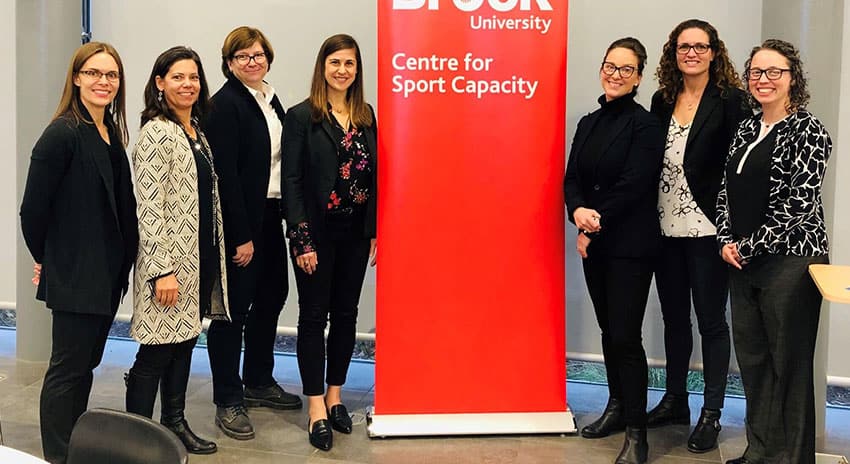
What would you include on a list of your biggest accomplishments (or moments) between working in and playing sport?
Wow – tough question.
From playing sport, while I am proud of the wins etc.
I think one of the things I am most proud of is the people I played with. My high school basketball team truly demonstrated the impact that sport can have on career trajectories for women. We have at least 2 PhDs, medical doctors, dentists, teachers, health care professionals, police officers all of whom are having impacts on their communities. So sure we won games and championships, but more importantly we have all used this experience to further increase our impacts on society – and this I am truly proud of.
Professionally, I am proud to have achieved full professor (highest rank and only 25% of full professors are women in Canada), of being a co-director for the new national research network for Gender Equity in Canadian Sport and for being named the Lang Chair in Sport Management.
These are all great achievements – BUT I am truly most proud of the graduates I have helped along the way to their careers and the younger faculty members I have worked with as a mentor – their achievements and to see them move ahead in their careers – this is what I truly value.
[get_current_post_author_pic_and_name]
After speaking with Ann Pegoraro, I was eager to share her story with sports professionals. The knowledge she had shared about digital marketing in sport was compelling; information that all students and graduates should be aware of! As a professor, Ann’s main goal is to help shape aspiring sports professionals. Ann is truly a role model that I, along with many others, admire. It’s amazing that she continues to rally for her former students, even after they have graduated. As a university graduate, I find it refreshing to know Ann is not only passionate about teaching but also maintaining a relationship with her former students and continues to cheer them on throughout their careers.
The Latest



